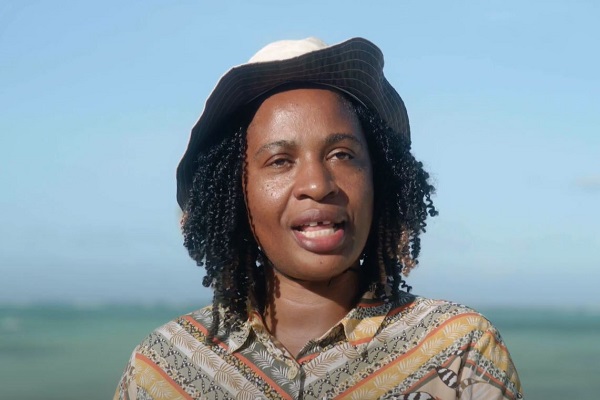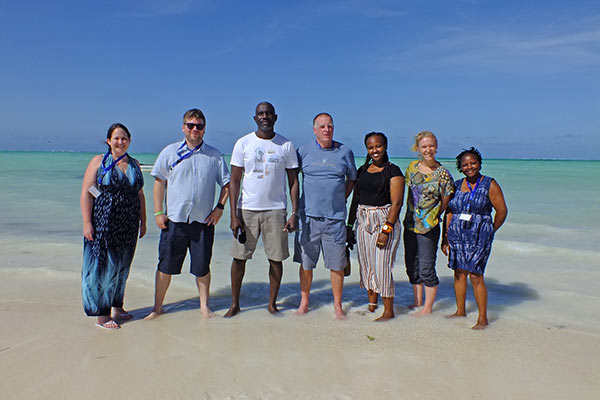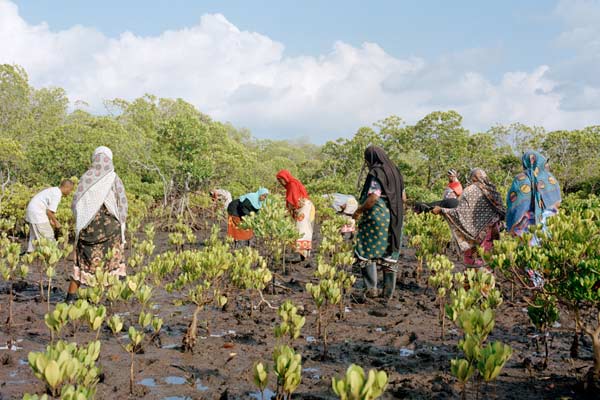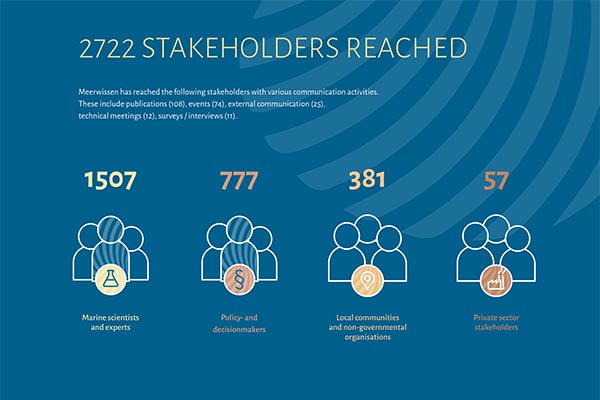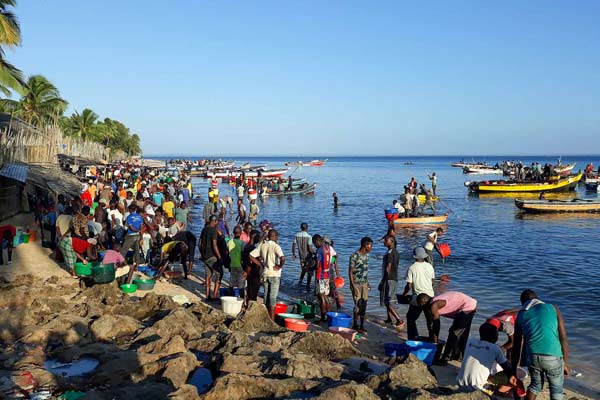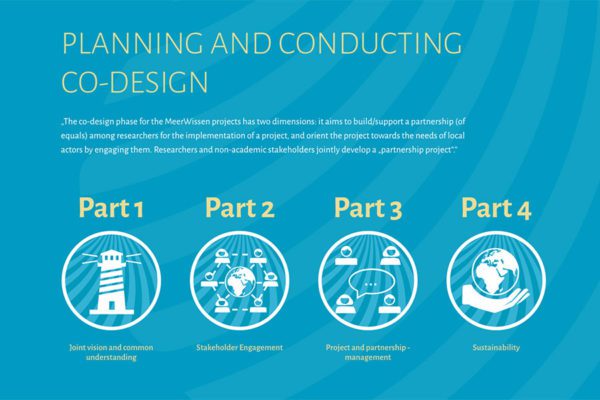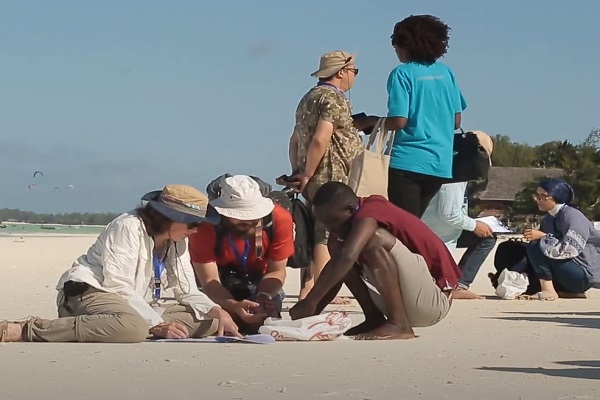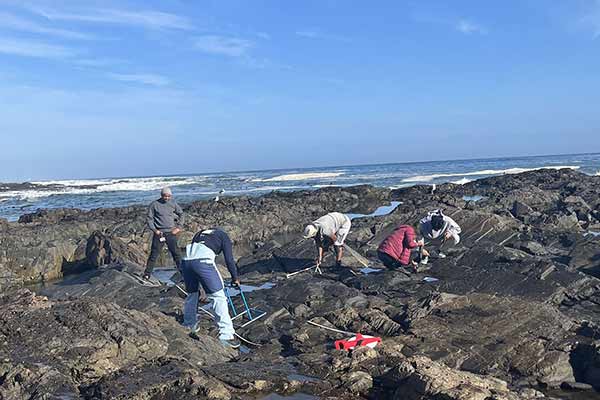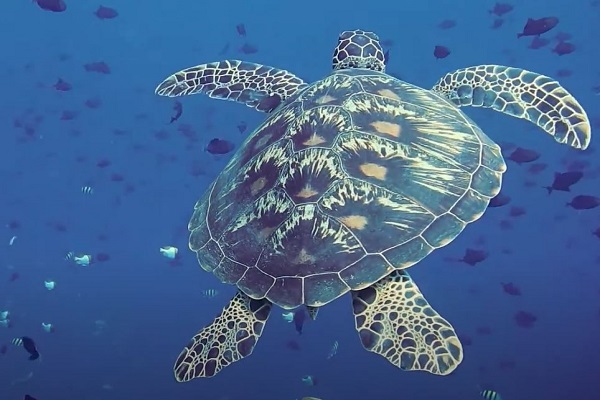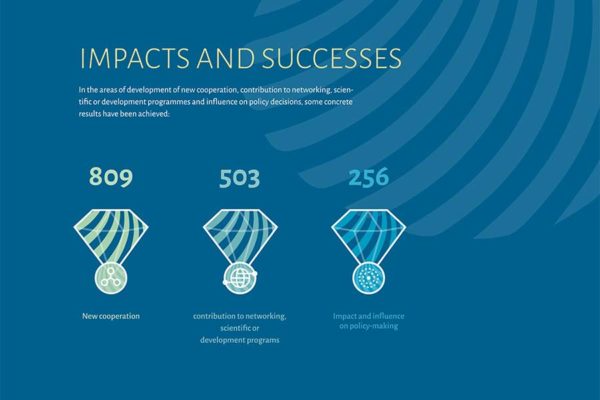Impact Story
INDUCE
Promoting a sustainable Blue Economy in Senegal by conserving fish functional diversity
Senegal is a coastal and Sahelian country with a wide range of rural areas, hosting unique and diverse species. The coastlines are characterised by highly productive marine ecosystems and large populations of fish that are faced with numerous environmental issues linked to human activities. Fish are critical to maintain ecosystem functions and ecological services. However, traditional biodiversity measures that aim at quantifying the number of species in an ecosystem do not account for the role and functions that these species play within the ecosystem. INDUCE focuses on assessing the functional diversity of commercially valuable fish species in Senegalese coastal waters.
What unique issue is INDUCE addressing?
INDUCE aims at producing scientific knowledge on the functional diversity of commercially valuable fish species. Functional diversity measures how species interact with the environment and with other species. This is a metric that is rarely considered in the discourse connecting science to governance and policy. On top of that, the project builds capacities for functional diversity management and research and analyses the effectiveness of existing governance frameworks. To achieve its goals, INDUCE has assembled a broad range of partners:
What has been achieved so far?
So far, INDUCE has
- conducted extensive surveys in fish markets to collect fish photographs and monetary value of fish species and identified patterns of morphological trait functions that are then correlated with market prices.
- drafted an article on the “Functional Diversity of Species and Relevance of Co-Management Measures in Senegalese Artisanal Fisheries”.
- identified the missions of the governance frameworks and actors and drafted surveys to involve the Local Artisanal Fisheries Council (CLPA), the Local Fishing Committee (CLP), the MPA Management Committee, Interprofessional Economic Interest Grouping (GIE) and other village or neighbourhood organizations.
- held a Spring School for graduate students.
- held a scientific workshop with scientists and stakeholders from Senegal, Germany and Ghana.
In what way has INDUCE contributed to a sustainable blue economy in Senegal?
By collecting and analysing data on the functional diversity of commercially valuable fish species, and by assessing the extent to which aspects of fish functional diversity are reflected in the current governance policies of artisanal fisheries, INDUCE aims at laying down the scientific bases for best integrating these two blue economy dimensions (fish ecology and governance). This supports the economic growth of the Senegalese maritime sector in a sustainable way.
INDUCE published two master theses on the state of knowledge of local governance initiatives and the functional diversity of species in the governance of fisheries in Senegal.
INDUCE convened stakeholders from a range of target groups in Senegal and beyond, including governmental agencies, NGO’s and students from different universities, such as Ghana, Kenya, Rwanda and Nigeria.
INDUCE published two master theses on the state of knowledge of local governance initiatives and the functional diversity of species in the governance of fisheries in Senegal.
INDUCE convened stakeholders from a range of target groups in Senegal and beyond, including governmental agencies, NGO’s and students from different universities, such as Ghana, Kenya, Rwanda and Nigeria.
What has changed for policymakers through the results of INDUCE?
Assessing the fish morphological traits that end up in fish markets and identifying the economic values of the corresponding fish species builds an understanding of the components of functional diversity that are preferentially extracted from the seas. In addition, the observed morphological traits can be related to nutritional values. This helps identify the fish ecological functions that are more closely associated with food security in Senegal. The ultimate effort is to understand how ecological aspects (fish traits and fish functional diversity) are connected with socioeconomic aspects (economic value and nutritional value) in order to develop governance policies that are ecologically sustainable and, at the same time, economically profitable and socially valuable. In this respect, INDUCE has laid down the basis for developing better fishery governance policies in the future.
Explore More …
